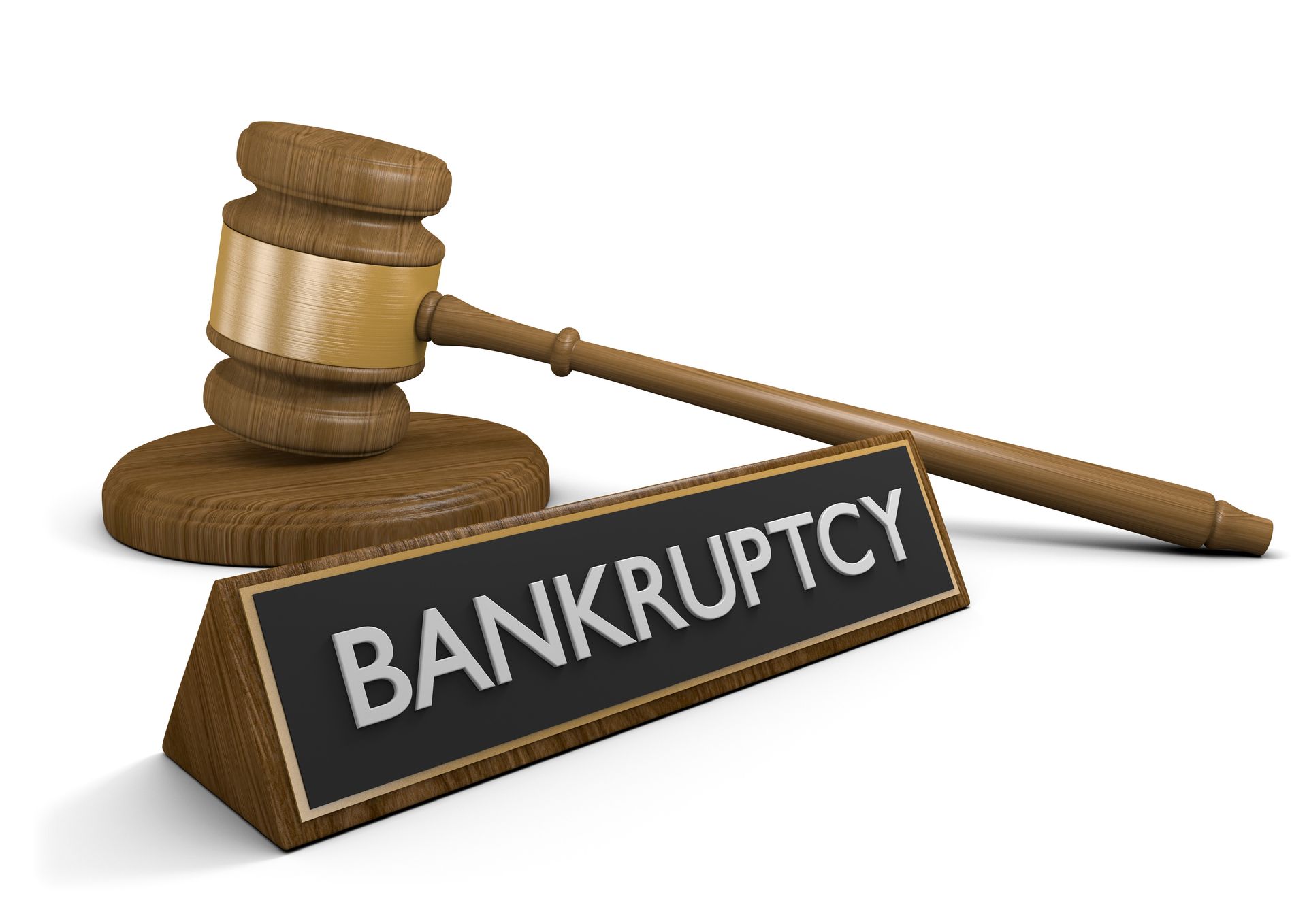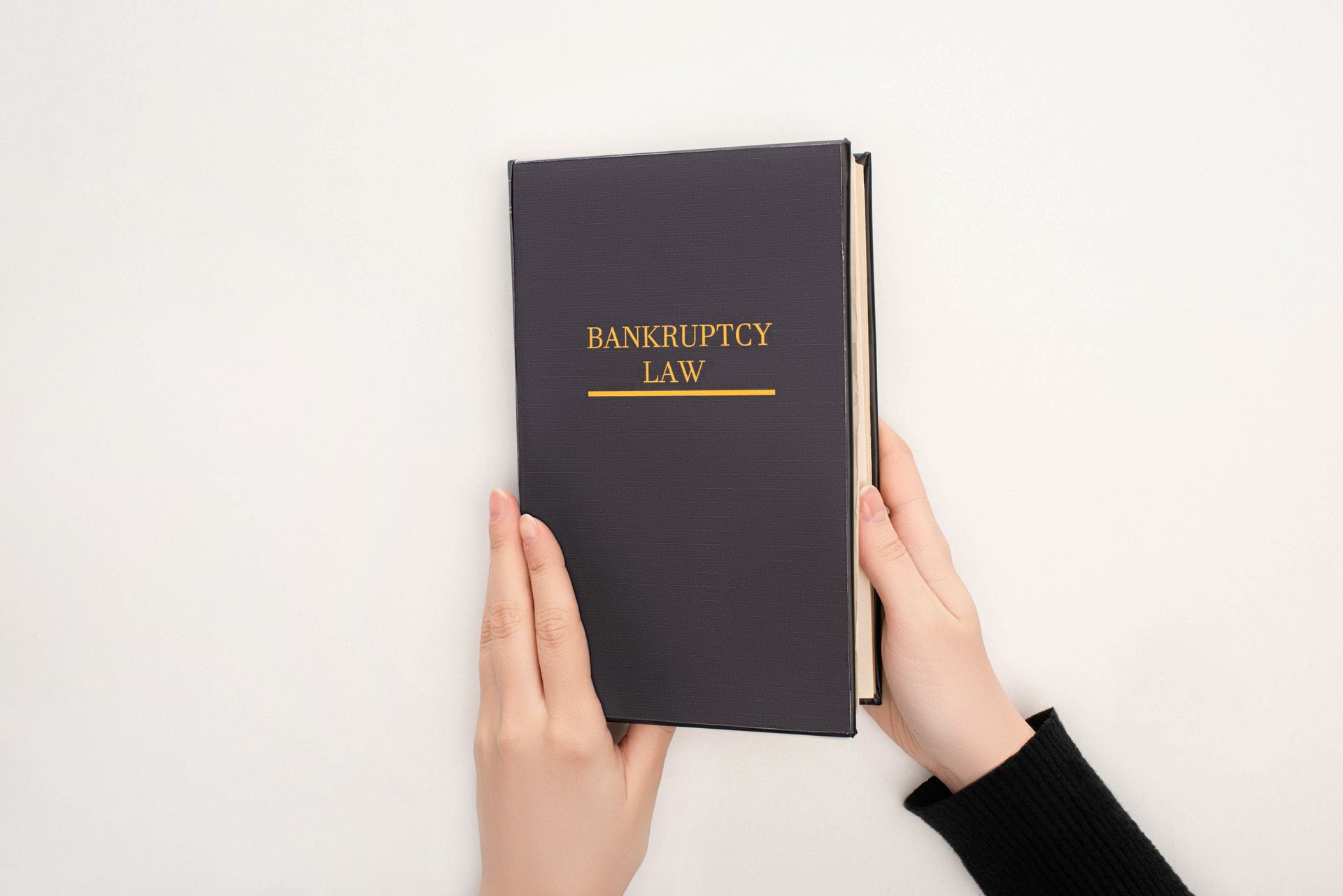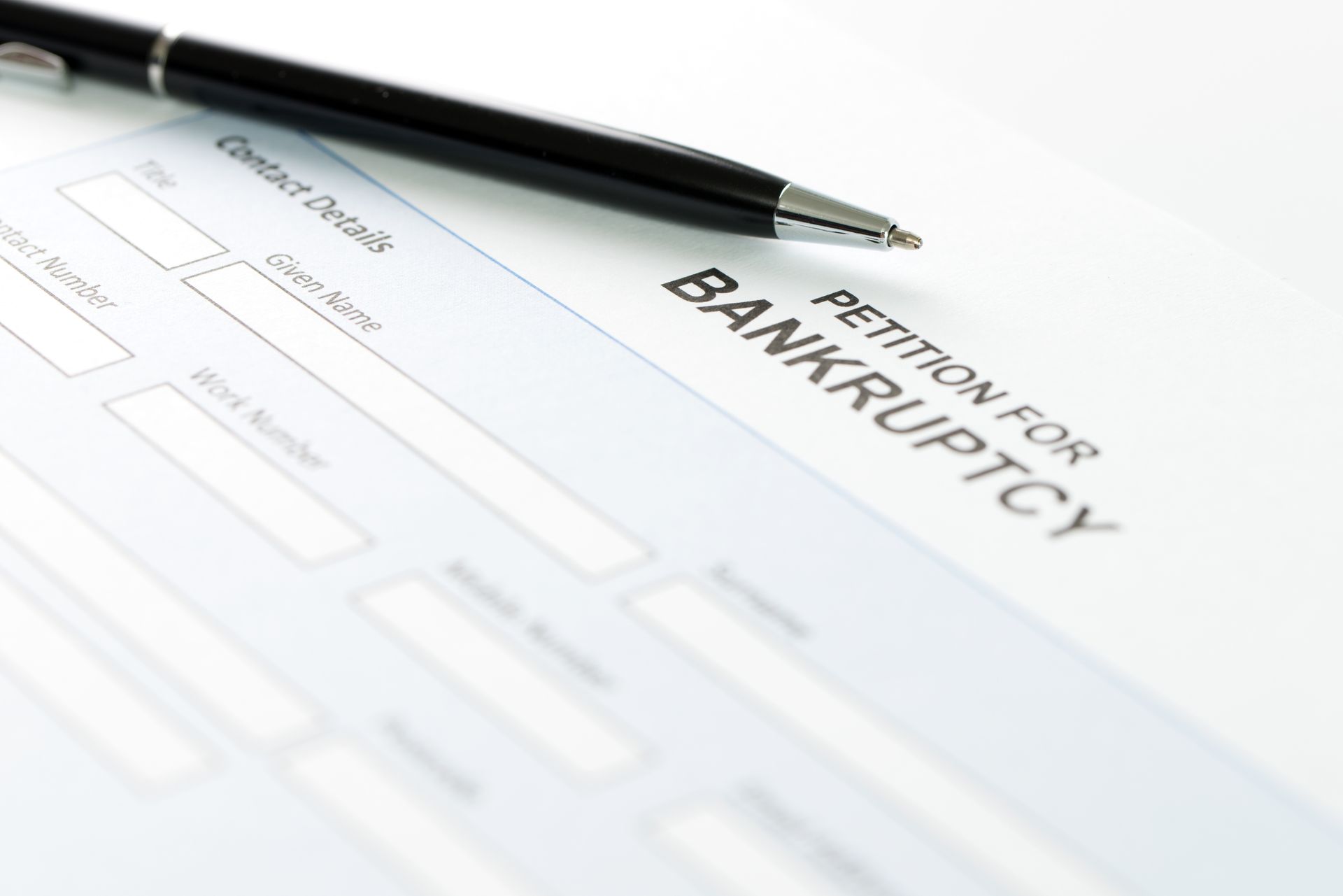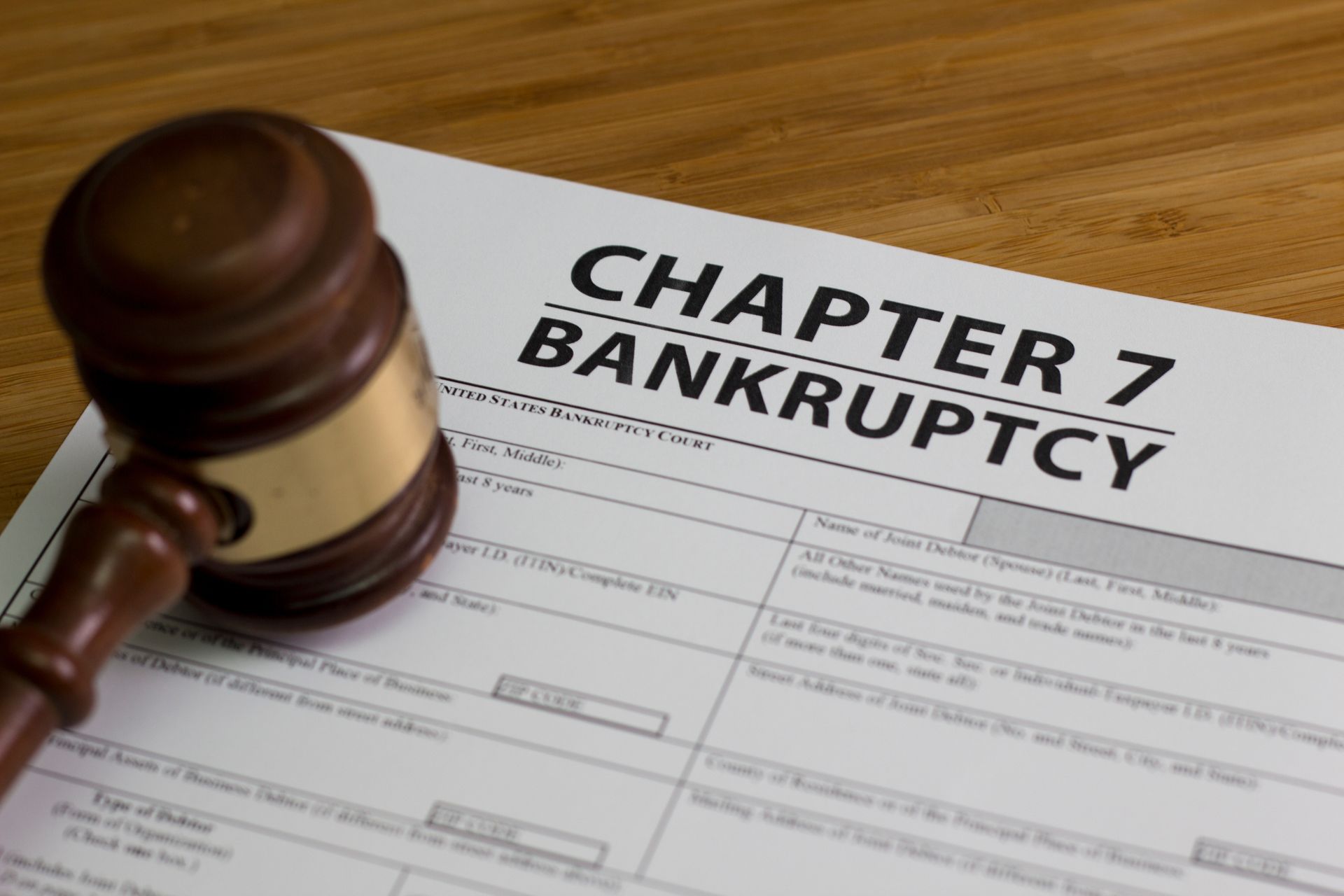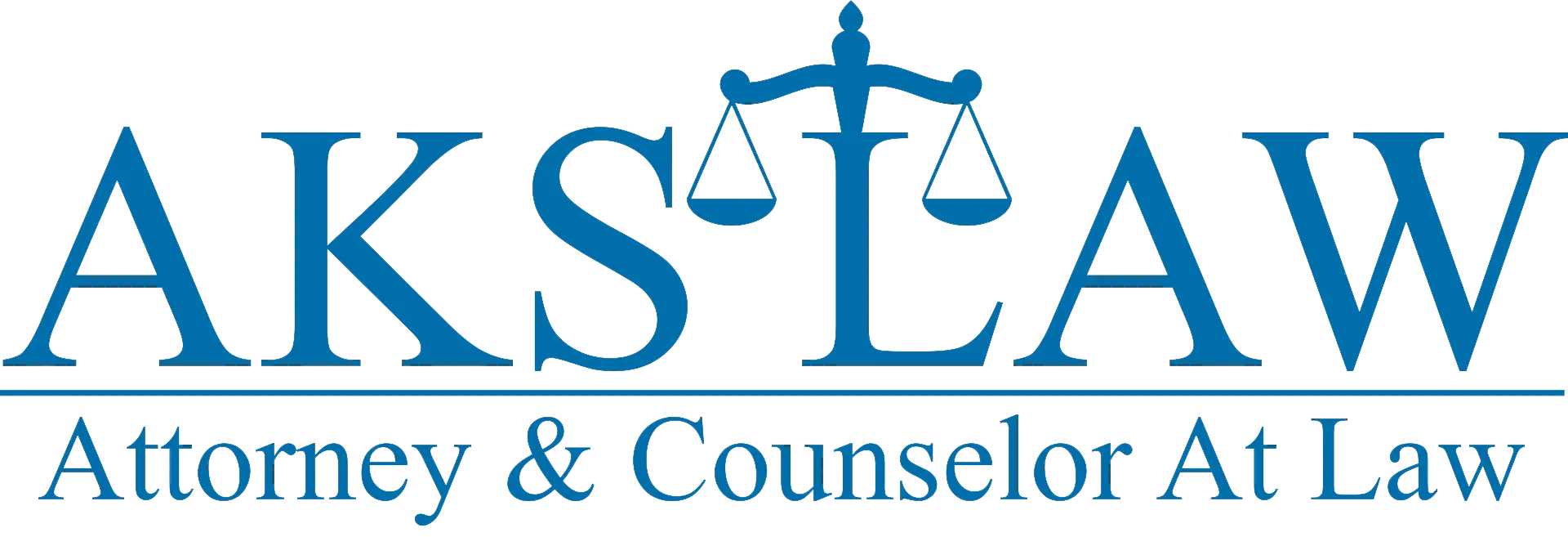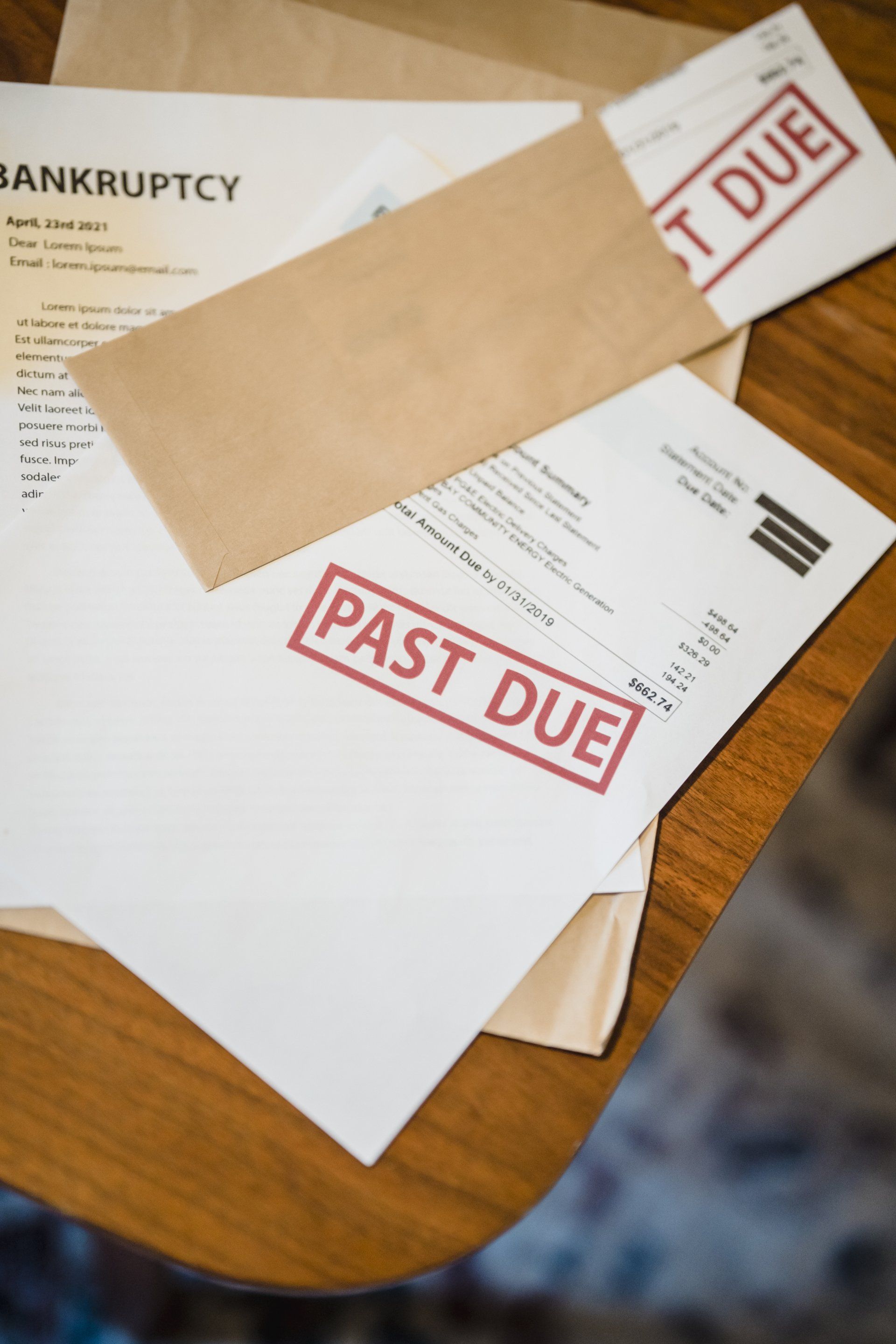Bankruptcy for Small Businesses
It is not uncommon for small businesses to experience ebbs and flows. However, if you’re a small business owner suffering from a substantial financial crisis, bankruptcy might be your best option.
Even the thought of bankruptcy is enough to make many abandon the thought altogether. Fortunately, a St. Louis bankruptcy lawyer can be your best ally throughout the process. If you’re considering bankruptcy for your small business, AKS Law is ready to help.
When Should a Small Business File for Bankruptcy?
Deciding whether to file for bankruptcy is never easy, but in some instances, it may be the way to go for the sake of your business.
Business owners can expect to encounter certain financial obstacles. Still, it may be time to consider bankruptcy if your business is struggling to stay above water and manage debts. Rather than continuing to get further into financial trouble, filing for bankruptcy can provide a feasible way to handle your debts and experience a much-needed refresh.
What Type of Bankruptcy Does a Small Business File?
If you’re a small business trying to decide which type of bankruptcy to file, it’s helpful to start by considering certain factors that include:
- The type of business (sole proprietorship or LLC, for example)
- The type of debt you have
- Whether you want to continue running the business or close it entirely
Chapter 7
Sole proprietors often file Chapter 7 bankruptcy, as it allows individuals to handle personal debt in one bankruptcy case. Often times, as a sole proprietor, the debt of the business would be personal debt. Therefore, the bankruptcy would discharge the debt.
If the small business is a corporation or limited liability company (LLC), none of your debts will be discharged, but it can pave the path for the liquidation of the business. Chapter 7 bankruptcy is a favorable option for business owners closing their businesses.
Chapter 11
A Chapter 11 bankruptcy allows partnerships, LLCs, and corporations to restructure and continue operating. Many times a business will file Chapter 11 because they owe too much to meet Chapter 13’s eligibility requirements.
Under Chapter 11, the business can come up with a plan to restructure its finances that is then approved by the bankruptcy court. Many businesses opt for Chapter 11 bankruptcy.
Chapter 13
Structured businesses, including corporations and LLCs, are not allowed to file for Chapter 13 bankruptcy, but sole proprietors can. A Chapter 13 bankruptcy allows an individual to reorganize their finances and debts to keep their business operating.
When you file a Chapter 13 bankruptcy, you can protect business assets while formulating a repayment plan and continuing your small business.
Will I Be Able to Continue My Small Business After Filing for Bankruptcy?
If you want to keep your business open after bankruptcy, you’ll have to opt for the right bankruptcy. Nonetheless, it is possible to keep your business running even if you must file for bankruptcy.
In many cases, filing for bankruptcy is the only viable option if you wish to keep your business operational. Financial problems don’t have to be the end of your small business. Do not hesitate to discuss your situation and review your legal options with a skilled bankruptcy lawyer in St. Louis.
Consult With a St. Louis Bankruptcy Attorney
AKS Law has over a decade of experience helping clients overcome their financial challenges. Our firm handles every case differently because no two cases are alike. At AKS Law, you can always expect personalized attention as we help you achieve your goals.
To schedule your complimentary case review, call us at (314) 740-2989 or contact us online.
